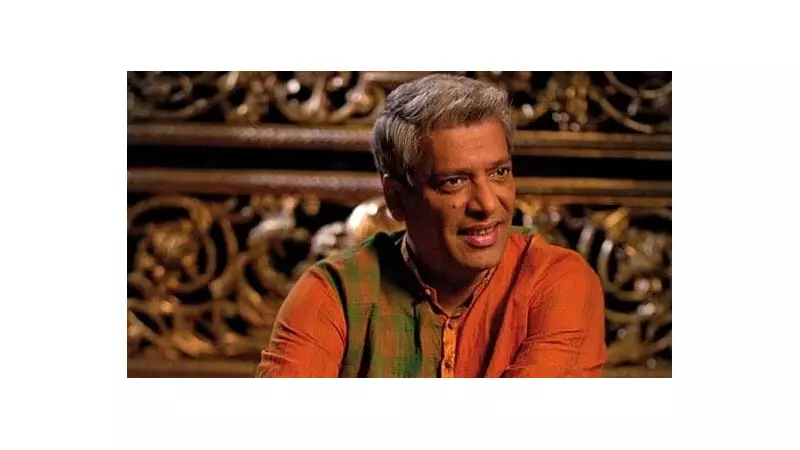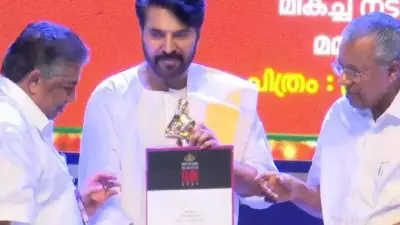
In a world obsessed with categorizing every art form, legendary percussionist Trilok Gurtu stands as a rebellious force, challenging musical boundaries with every beat. The acclaimed musician, known for his innovative fusion of Indian classical traditions with global rhythms, recently shared his perspective on why labels ultimately don't define true artistry.
The Philosophy Behind the Music
"People constantly ask me what genre my music belongs to - is it jazz? World music? Fusion? Indian classical?" Gurtu remarked during our conversation. "My answer remains the same: call it whatever you like. What matters is the emotion it evokes, the stories it tells, and the connections it builds across cultures."
This boundary-defying approach has been the cornerstone of Gurtu's five-decade-long career, establishing him as one of India's most innovative musical exports. His unique style seamlessly blends the complex rhythms of tabla with jazz improvisation, African percussion, and Western musical structures.
A Legacy of Musical Innovation
Gurtu's journey began with traditional Indian classical training, but his curiosity soon led him to explore beyond conventional boundaries. "I grew up surrounded by diverse musical influences," he explains. "My mother was a renowned classical singer, but our home resonated with everything from folk melodies to Western classical compositions."
This eclectic upbringing shaped his distinctive approach to percussion. Rather than confining himself to any single tradition, Gurtu developed a universal musical language that speaks to audiences worldwide while maintaining its Indian soul.
The Creative Process: Beyond Boundaries
When asked about his creative methodology, Gurtu emphasizes intuition over intellectualization. "I don't sit down to create 'fusion' music. I simply express what feels authentic in the moment. The rhythms choose me, rather than me choosing them."
His setup typically includes an array of instruments - from traditional tabla and dholak to contemporary drum kits and custom percussion - each adding a unique color to his musical palette.
Advice for Aspiring Musicians
For young artists struggling with artistic identity, Gurtu offers wisdom born of experience: "Don't worry about fitting into boxes. Study traditions deeply, but don't become their prisoner. True innovation happens when you're brave enough to let different influences converse through your art."
He stresses the importance of technical mastery as the foundation for creative freedom. "You must know the rules thoroughly before you can break them meaningfully. My classical training gives me the vocabulary to speak this universal musical language."
The Future of Cross-Cultural Music
Looking ahead, Gurtu remains optimistic about the evolving landscape of global music. "We're living in an era where geographical boundaries are becoming irrelevant in art. Young musicians today have access to every musical tradition at their fingertips. This is creating a new generation of artists who think globally while staying rooted locally."
Despite his international acclaim and collaborations with music legends across genres, Gurtu maintains a humble perspective on his contributions. "I'm just a student of music, still learning, still exploring. The day I stop being curious is the day I should stop making music."





